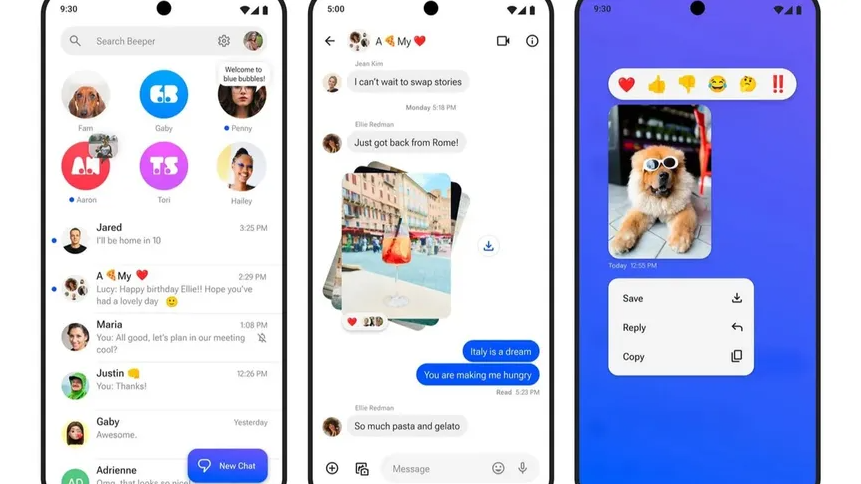
Apple swiftly banned the newly-launched Beeper Mini app, only days after its release, due to its utilization of reverse engineering to enable instant messaging services between iPhones and Android devices, effectively tapping into Apple’s iMessage system. The move was justified by Apple as a security measure to safeguard its device users, preventing any attempts to use falsified data to gain access to iMessage and other messaging services. Apple’s official statement cautioned users about the risks associated with unauthorized attempts to access iMessage data, emphasizing the potential compromise of their security and privacy, leading to exposure to spam messages and hacking threats. The company committed to ongoing efforts, promising to take the necessary steps to protect users and devices through future software updates.
The Beeper Mini service sought to facilitate communication between Android phones and iPhones by leveraging Apple’s iMessage protocol through a notification service. The application’s approach was rooted in reverse engineering iMessage to bridge the communication gap between the two major mobile operating systems. However, Apple’s imposition of new security measures rendered Beeper Mini ineffective, disrupting its intended functionality.
Eric Migicovsky, the founder and director of Beeper, expressed openness to dialogue with Apple, signaling a willingness to collaborate on an extensive examination of Beeper’s security methods and source code. Despite Apple’s claims about potential threats to user privacy, Migicovsky defended Beeper’s commitment to secure communication channels between iPhones and Android devices. He pointedly remarked on Apple’s own security vulnerabilities, arguing that the continued support for the outdated and unencrypted SMS messaging protocol exposes Apple users to risks. Migicovsky conveyed a commitment to exploring alternative methods to revive the service, whether through Beeper Mini or another avenue.
It’s noteworthy that Apple recently announced its readiness to support the Rich Communication Services (RCS) messaging standard, marking a significant shift in its messaging policy. This move is poised to simplify messaging between iPhone and Android users, eliminating the need for third-party applications. Apple plans to implement this new standard across its range of devices by the end of the next year, signaling a strategic evolution in its approach to messaging interoperability.
Leave a Reply